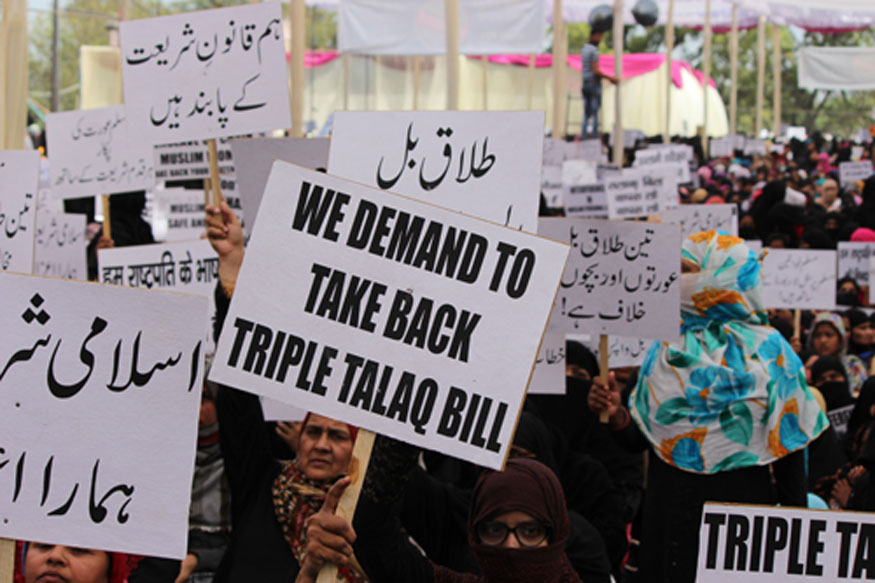To raise voices against the law to criminalizes instant “triple talaq“, All India Muslim Personal Law Board filed a plea in the Supreme Court challenging the law on Monday.
Narendra Modi government had passed the Muslim Women (Protection of Rights on Marriage) Act, 2019 that made “talaq-e-biddat” or any other similar form of instant talaq void and illegal. Any Muslim husband who resorts to this illegal form of talaq upon will be served with heavy fines and imprisonment for a term which may extend to three years.
The plea was filed by AIMPLB and Kamal Faruqui that challenged the Constitutional validity of the Act on the ground that it is against the spirit of Article 14, 15, 20 and 21 of the Constitution. The plea further claimed that the legislation is creating unnecessary interference in the Muslim Personal Law.
The plea read:
“The impugned Act is a criminal statute having an adverse impact on the life and personal liberty of those on whom penal consequences are to be visited. It is the elementary principle of law that any act or omission which is dealt with penal consequences should be defined with accuracy and precision. A Muslim husband whose act or omission may be visited with penal consequences must have fair notice of ingredients of act or omission that is declared criminal so that such person can organize his affairs in such a way to avoid any conflict with the law.”
“Secondly, section 3 of the Impugned Act also suffers from internal contradiction because if any act which is declared void has no existence in the eyes of law and it is redundant and contradictory to declare non-existent act illegal. The section, therefore, suffers from manifest arbitrariness as it makes provision of law which is unnecessary.”
In response to the filed petitions, the Supreme Court has agreed to examine the validity of the newly enacted law.

